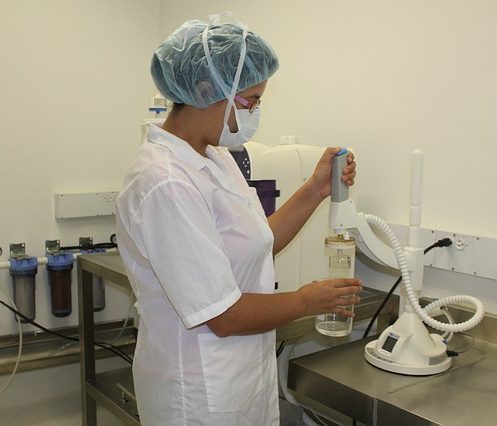Genetic testing has always been costly and directed at DNA sequencing. Only a limited number of genes could be tested. It was useful to a small number of patients with primary immunodeficiency (PID) disorders. Note that people with PID are especially susceptible to infections.
Although over 450 PIDs have been identified, accurate and timely diagnoses have been a challenge. PID disorders are genetic disorders that disrupt the immune system.
News Medical Life Sciences offers a report based on a study published in The Journal of Molecular Diagnostics. The investigators used NGS (next-generation sequencing) technology to test a DNA panel consisting of 130 genetic variants from 22 unrelated study participants. The individuals enrolled in the study had a common form of PID.
The investigators found many of the participants had inherited a rare genetic defect causing a disruption in their immune system.
A total of 130 genetic variants (different DNA sequences) would be analyzed. These variants were found to be the cause of an immune system disorder in several patients.
Six (27%) of the twenty-two patients harbored pathogenetic variants which are genetic alterations that increase a person’s predisposition to certain diseases.
Genetic variants of unknown significance were found in four patients but the clinical value, whether it could cause the disease, is as yet unknown.
In the final analysis, the team identified fifty percent of participants as having genetic abnormalities. All submissions were confirmed with Sanger sequencing.
Dr. Lloyd D’Orsogna, the Lead Investigator of the study at Western Australia University, commented that the current genetic technology creates affordable testing of numerous genes from the same person. In that way, a single gene that causes frequent infections may be found.
The team’s findings create improved treatment options for family members who may have inherited a genetic mutation.
Dr. D’Orsogna further stated that he hopes these new genetic medicine advances will bring about more accurate and earlier diagnoses and in turn will achieve improved outcomes for everyone.






